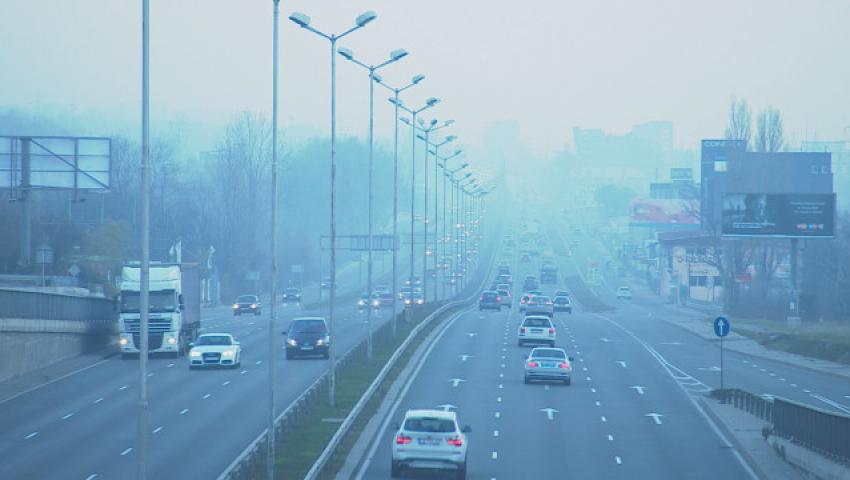No, Sofia and Stara Zagora do not have the dirtiest air in Europe!
By Boyan Rashev, denkstatt Bulgaria

I finally found time to get to the famous report of CE Delft, whose interpretation swept the Bulgarian media and social networks. In Sofia we are used to self-flagellation on this topic, but in Stara Zagora it was very difficult - there is a war of mutual accusations, for which there is an occasion, but no reason ...
It is very important to say that nowhere in the report is stated what is widely commented in Bulgaria - it came from a statement by Plamen Taushanov, Chairman of the Bulgarian organization, which is part of the consortium behind the report. The man just doesn't understand.
The report contains many data, accounts and different results that are subject to interpretation. However, there is only one table that shows a ranking of cities in Europe based on air pollution with various substances.
.jpg)
Neither Sofia nor Stara Zagora are present there. On the other hand, we see Plovdiv in second place as an average annual concentration of PM10. Neither the Sofia traffic and Vitosha, nor the big TPPs near Stara Zagora are available there. On the other hand, they have a huge number of people who heat with solid fuel ...
It is important to note that the highest contributors to morbidity and mortality associated with polluted air are PM2.5 concentrations. It is clear that there are no Bulgarian cities at the forefront – many are in Poland, the most famous being Krakow. The values in the Bulgarian cities (including Sofia, Plovdiv and Stara Zagora) are about 20 mcg / m3, ie much lower than in Poland.
To put it clearly: the headlines and media interpretations of this report are not just exaggerations, but lies!
I am sorry that I shatter the dreams of many people for Bulgaria to be number 1 in at least one thing, be it pollution, but this is simply not true. And the hysteria in Stara Zagora is completely unfounded.
Yes, we have a problem with air quality. However, it cannot be like in Bergen, Edinburgh and Stockholm until we become at least as rich as their inhabitants (in the first two cities of oil and gas production, by the way!). Because the cold, the rains and the winds that they "enjoy" we will obviously never get. And we hardly want them.
